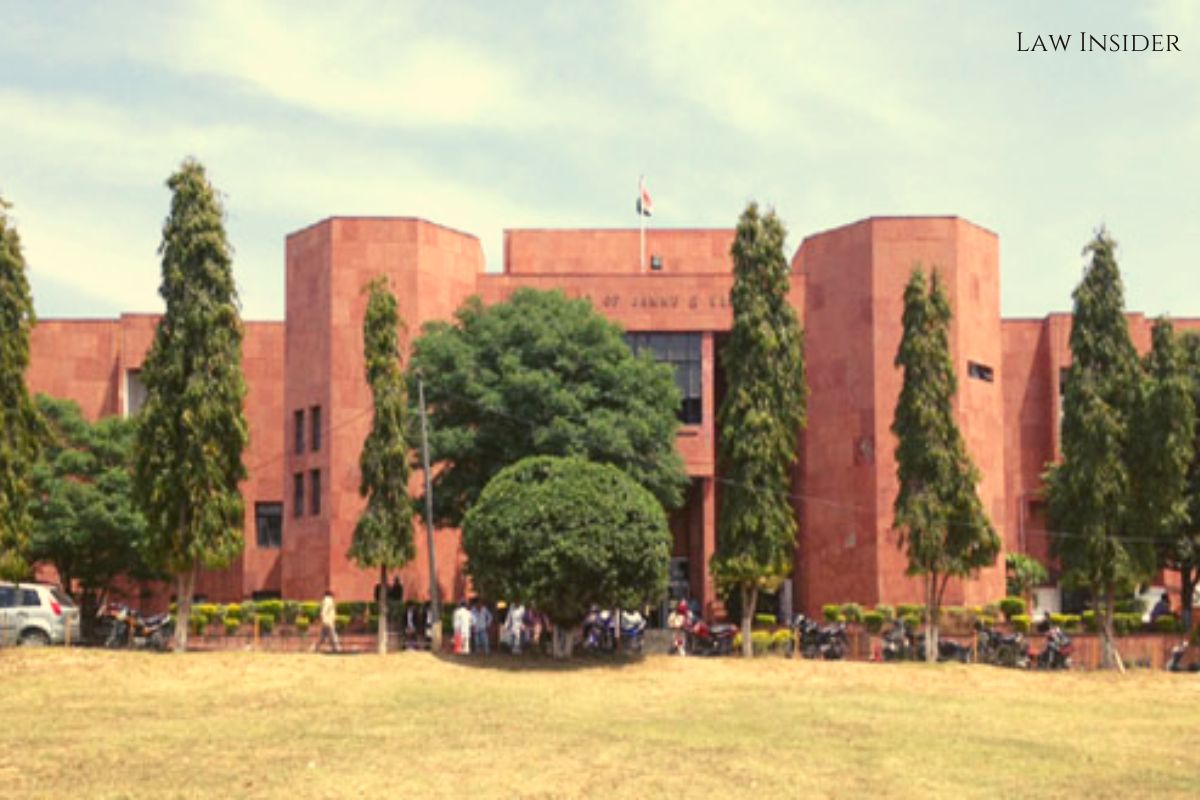Priya Gour
Published on : 14th of August, 2022 at 19:36 IST
The Jammu and Kashmir and Ladakh High Court bench of Justice Sanjay Dhar had said that the age for juveniles in the J&K Juvenile Justice Act 2013 is retrospective in nature and, accordingly, the age of juvenility has to be taken as 18 years and not 16 years, which was in force at the time of the alleged occurrence.
The Case: Ishfaq Ahmad Najar Vs. the State of J&K
A plea was made before the apex court that challenged the judgement of conviction and sentence passed by the Chief Judicial Magistrate of Budgam. The petitioner had sought direction from the High Court under Section 561-A of the J & K Cr. P. C (Pari Materia with Section 482 CrPC) that he be declared a juvenile in conflict with the law and thus granted bail.
The petitioner had, inter alia, challenged his conviction while claiming that during the occurrence of the incident, the 1997 act was in force. But the age of juvenility of the petitioner should have been determined as per the legal provisions which were in force at the time when his claim of juvenility was under consideration by the trial court.
The records claimed that during the pendency of the trial, the petitioner had filed an application that sought to be a juvenile before the Chief Judicial Magistrate. However, it was rejected and mentioned that when the incident took place on 10.06.2009, the provisions of the Jammu and Kashmir Juvenile Justice (Care and Protection of Children) Act, 1997 were in force. The provisions declared juvenility to be up to 16 years of age only. And so, the petitioner was treated as an adult and convicted by the trial court in 2016, which he challenged before the bench.
The main question of concern was which law should be applicable—the one which was in force during the occurrence of the event or the one which existed when the petitioner was claiming himself to be a juvenile.
The bench said that the provisions of the 1997 act were in operation when the event occurred. It was replaced by the (Care and Protection of Children) Act, 2013, or J&K Juvenile Justice Act, whose section 21 stated that even for pending cases, the determination of the juvenility of a juvenile in conflict with the law has to be undertaken in terms of Clause (n) of Section 2 of the Act of 2013. This applies even if the juvenile ceases to be so on or before the effective date of the Act.
Justice Dhar, quoted
It is worth noting that under the Act of 1997, the age of juvenility for a male child was set at up to 16 years, whereas under Section 2(n) of the Act of 2013, the age has been raised to 18 years.”
The bench made a reference to the case of Hari Ram Vs. the State of Rajasthan and Anr (2009), where Section 20 of the Juvenile Justice Act 2001 was invoked. It was mentioned in the case that a juvenile who had not completed 18 years on the date of the commission of the offence was also entitled to the benefits of the 2000 Act, i.e., retrospectively.
The bench held that the petitioner was a juvenile at the time of the occurrence of the offence as per the 2013 act. Therefore, the bench vitiated the trial of the petitioner before the learned Chief Judicial Magistrate and called it without jurisdiction.
The court stated,
“The court is of the opinion that the petitioner was a juvenile on the date of the commission of the offence and he has already undergone a considerable jail sentence.”
Therefore, the bench vitiated the trial court’s order.

